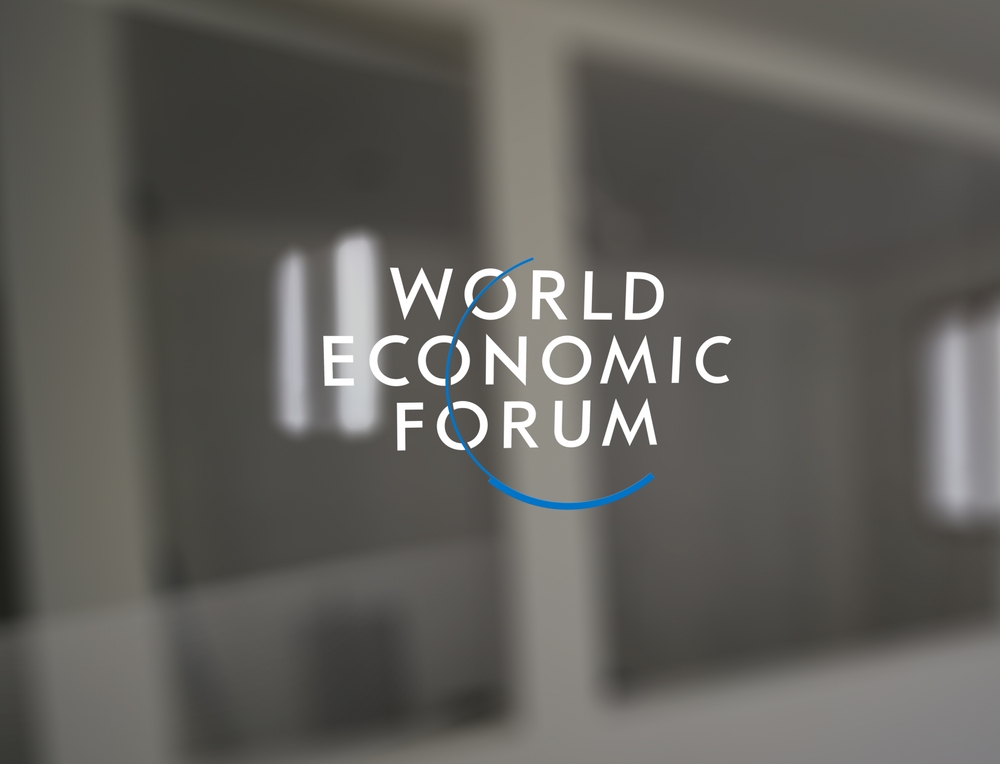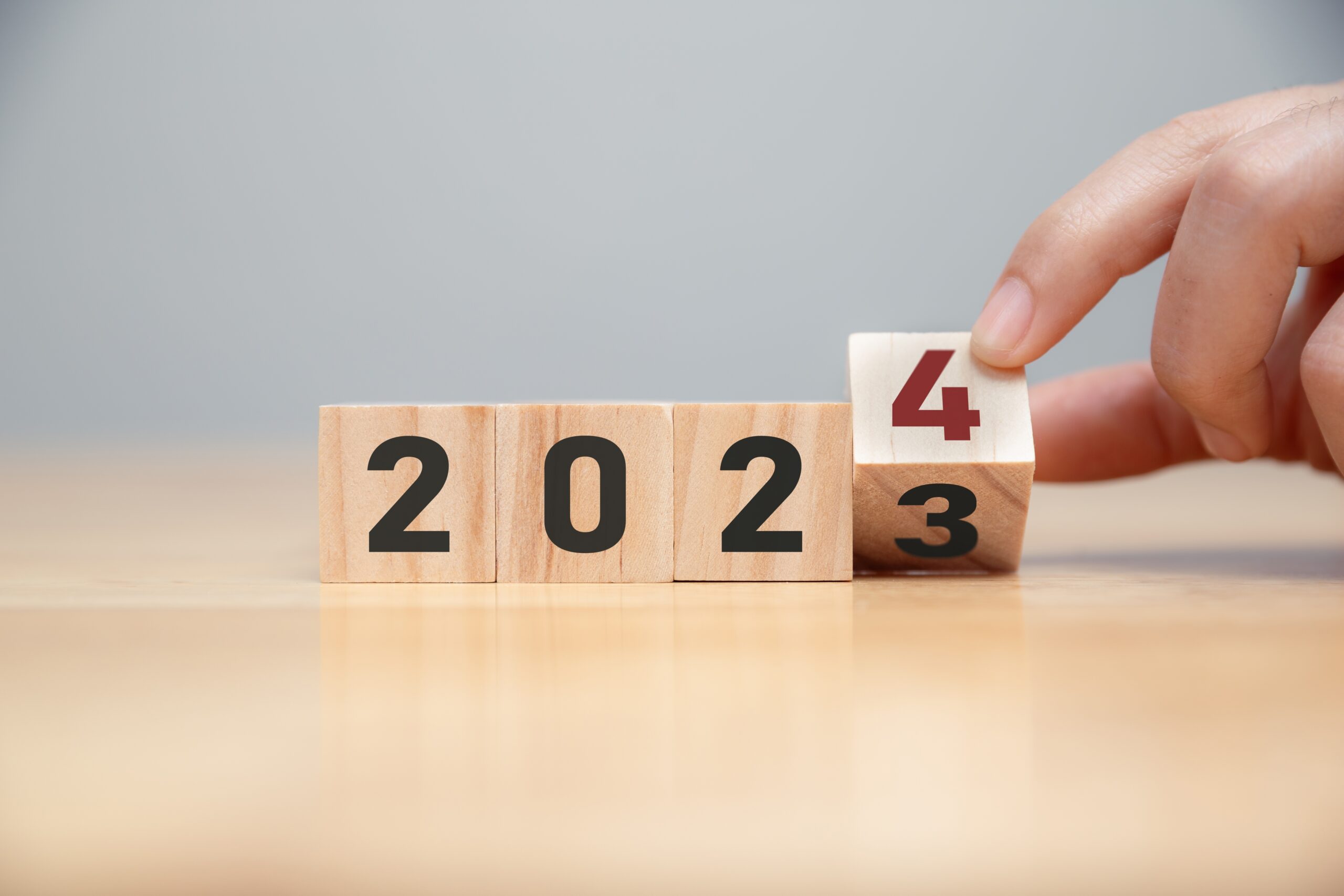The Davos annual World Economic forum was in attendance a couple of weeks ago and its president Borge Brende didn’t sugar coat the information when he noted it was occurring against one of the most complicated geopolitical backdrops to date. I assume this was the thought process behind the motto of the summit, which was “re-building trust”.
Now don’t get me wrong I am not retracting any of my previous comments about the shear irony of the summit, especially last year where their discussions on environment was starkly contradicted by the number of private jets bringing in the top 1% of the world global elite and the bare snowcapped mountains, signifying what many came to realise, that 2023 was indeed the warmest year on record. But maybe, just maybe the economics of the current global situation may create a sharper focus for those in attendance this year. Money does tend to focus the mind in that way!
With increasing interest rates, commodity prices increasing, disruption from the red sea starting to show small ripple effects and rising global debt, could this group of money makers have enough influence to quell some of the tensions in the Ukraine, Israel or Africa and bring stability back to the global economy at the same time?
With the UN anticipating in excess of 40 foreign ministers attending the summit, as well as over 500 financiers and global executives. These are certainly the players who have the means and imperative to influence world events.
The covid shock has passed but global growth remains low, some placing it at 2.3-2.7% this year, down from the original WTO 3.3% forecast, but that will not be enough to recover from the body blows issued since 2020. Whilst it was acceptable to still be in a period of licking your wounds last year, the boards of the multi-billion-dollar conglomerates will not allow it to continue.
To add some spice to the mix, the world is acutely aware that with elections in the USA, UK, several in Asia including Bangladesh and Azerbaijan and India, and Uruguay and Mexico amongst many in South America, the risk of political change before the group meets again is extremely high. This has dominated many discussions with the role of AI in misinformation campaigns and possible threats it could pose. However, with economic concerns dominating little to no outcome on this is expected. I wouldn’t however bet against its prevalence increasing in the next few years.
But ultimately it is the concerns around security growth and potential global recessions which still dominate, and no one is in doubt that consensus must be reached on global policy this time, simply said champagne and catchups won’t do it this year.
Many are hoping for a lighter touch on the interest rate hikes we have seen; but most conservative players are aware this will not come quickly. Many anticipating no movement until at least the third quarter of 2024. Yet the messaging was strong, trade and investment was the only option for recovery of the global economy. The WTO Director General Ngozi Okonjo-Iweala, stating “Without a free flow of trade, I don’t think we can recover.” No doubt she sits in the free trade camp then.
But I don’t think any pre-canned, stakeholder buy in statements will be the outcomes that the world needs this year. More so it will be the question of if this group of highly influential and incredibly powerful people can, through their combined influence, affect real change. Can they stimulate growth, control inflation and not rock the boat so much that upcoming elections lead to significant political unrest. That will be for the post-spin hindsight piece, but we have to hope that significant goals are set and met following this round of talks, otherwise the relevance of such a lavish and elite autocracy must be questioned.

